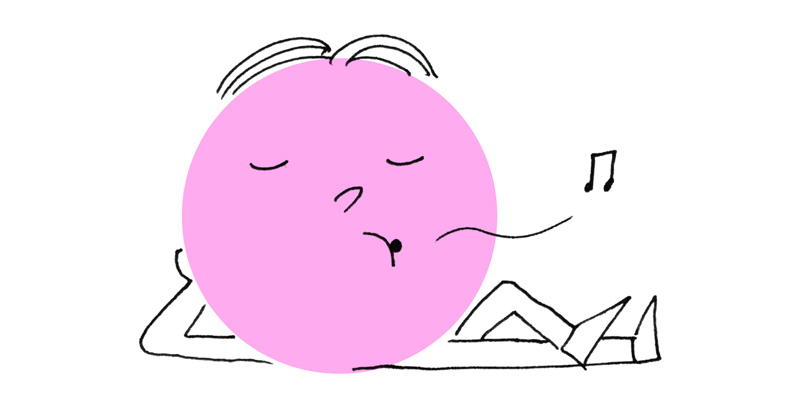
Role of emotional control in business
June 15, 2017
Emotional control in business
June 15, 2017Positive mood


One area of emotional control is to regulate you background mood. Recognising how you are feeling, your mood and whether its positive can help you avoid making pessimistic decisions, acting on impulse or even missing opportunities.

When you are in challenging or stressful circumstances checking in with how you feel helps. Are you feeling – good, positive, optimistic open to ideas? If the answer is yes that’s your brain in a reward state and we know when you are in this mode decisions are more creative, perspective is wider and possibilities seem greater.
But there is another mode which you may recognise; when the brain lacks something, or is in fear, this is the inhibitory state. And it developed to keep us safe. From an evolutionary perspective, we needed this state to be alert to danger and to act to prevent harm to ourselves. In this mode we are cautious, even risk adverse, we fight, flee or freeze, our perception narrows, our focus is on safety.
Think about the three evolutionary areas of the brain and their prime purpose.
The lizard brain – the brain stem evolved to keep us safe.
The mammalian brain – the second area to evolve did so to satisfy our needs for food, shelter, and reproduction.
The cortical brain – evolved to help us connect with others and to cooperate.

We can also re-establish social contacts, especially after conflict.

When these needs are met, the sympathetic nervous system is active allowing us to relax – often called the relax and digest model. It’s when the body repairs and the mind has a sense of peace. It comes into action when we feel safe. From this base mode, we can deal with life, challenges which occur and decisions which we need to be made with sound judgements and clear perspective. It also has health benefits. In this mode we recover from stressors, repair the immune system and consolidate good memories. We can also re-establish social contacts, especially after conflict. Evolutionary psychologists believe that this is our default mode and that humans who spent more time in this state passed on more of their genes, strengthening the activation of the mode.

We are easily driven into this mode when over worked, upset or stressed and when this happens we can frequently get stuck in it, experiencing little connection and relief.

Negativity bias
These different parts of the brain work together to determine the mode we approach the world in at any given time. Whilst these two modes evolved for good reasons they also set up issues in the modern world. We notice many more acts of potential danger and trip into the inhibitory state much more frequently. You could say we have a bias for negativity. Because this mode developed to keep us safe, it has evolved to activate quickly but for short periods of time. The issue in today’s work place is it is often activated over long periods or very frequently giving little or no time for recovery. When this occurs, we experience chronic stress and debilitating symptoms. In this mode, we are either in flight/flight- ignoring the issue, lashing out and angry or in freeze where we are stuck and helpless, and compartmentalise the issue. In any of these modes we resist whatever is stimulating the reaction and disassociate. Leaving things unresolved or ourselves in a constant state of worry.
In this mode, we are apt to over react, focus on negative data and see limited possibility, we over react to losses but under-react to similar gains and are more sensitive, giving more weight to what is wrong rather than what is working. We can also tend to be suspicious and cautious about relying on others or forming new relationships. It is not a good mode to be in for taking decisions, thinking strategically or reaching out to new people.
We are easily driven into this mode when over worked, upset or stressed and when this happens we can frequently get stuck in it, experiencing little connection and relief.
But we are not controlled by our limbic and we can act to control the bias. Our actions can help ensure we remain alert to real danger whilst savouring more of the reward state. In the reward state our core needs are met in this state, our needs for peace, relaxation and connection with others. It’s particularly important to made decisions from this mode, especially those that are important to you or impact your long-term career.

The inhibited threat mode is characterised by body tension, short temper, irritation, avoidance and anger. You may also have secondary symptoms like poor sleep, digestion and mood swings.

Noticing and changing mood
The inhibited threat mode is characterised by body tension, short temper, irritation, avoidance and anger. You may also have secondary symptoms like poor sleep, digestion and mood swings. This mode feels bad because it is not good for us – either our mind nor our body.
Strategies for getting out of this mode include, taking a break, going for a walk, breath, being mindful, even for a minute.
- Step back from the cause of the reaction, take a disassociated perspective if you can – for example imagine you are a fly on the wall observing you in the situation, what from this perspective do you see that you don’t when in the middle of it?
- Or turn towards inner resources you have to trigger the reward mode. Look for the good in the situation, ask yourself, “OK this isn’t great but what can come out of this situation which is positive.”
- Another useful technique that has been proven to work is to put distance between yourself and the situation. Imagine how this will feel in 6 months or a year. Research by Kevin Oschner has shown that this technique is very effective in lowering amygdale activation and regaining emotional control.

In the reward mode you feel relaxed, optimistic and realistic, more connected with people and more decisive.

In the reward mode you feel relaxed, optimistic and realistic, more connected with people and more decisive. To ensure you are in this mode more frequently savour the moments when in it, count your blessings, notice the good, even small things like a sunny day, have a relaxation or mindfulness practice like yoga.
Related Content



